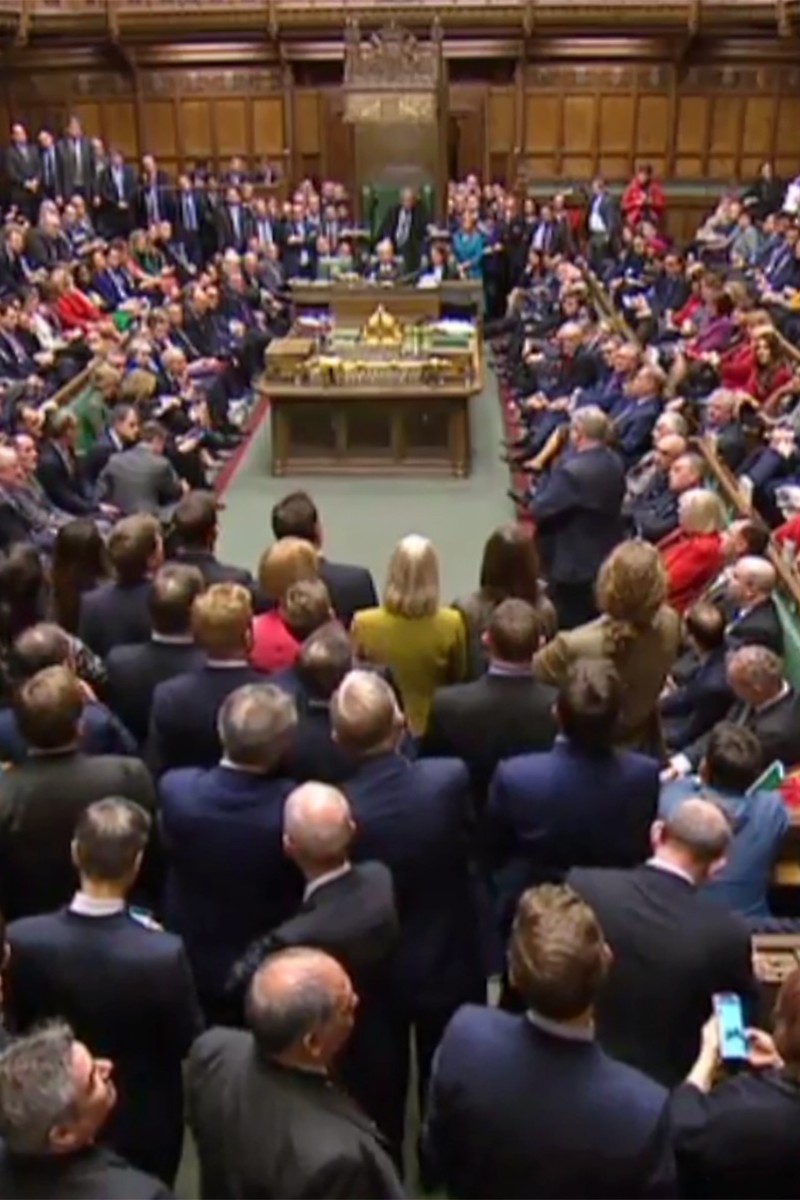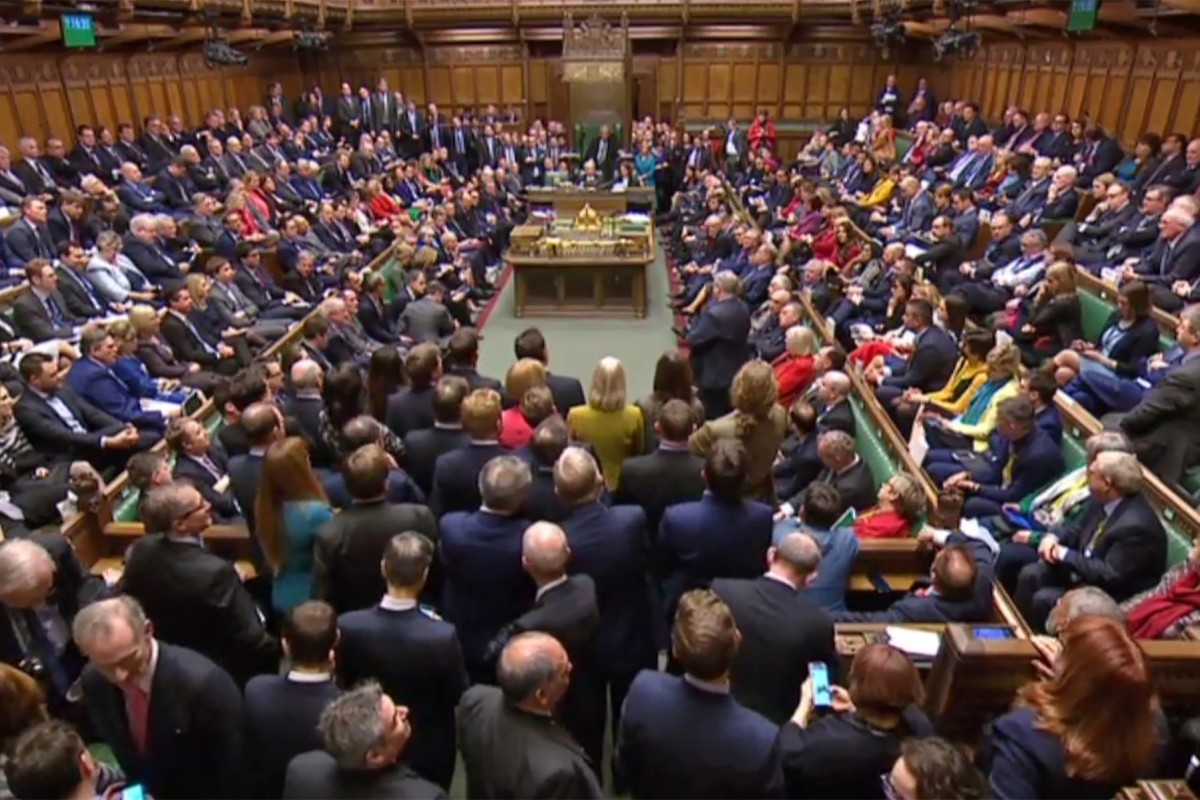
A British parliamentary committee urged the British government to closely monitor guarantees of human rights in the city
 A joint committee in the British parliament has criticised the country’s foreign ministry over what is perceived as inadequacy in ensuring human rights in Hong Kong under the 1984 joint declaration with China.
A joint committee in the British parliament has criticised the country’s foreign ministry over what is perceived as inadequacy in ensuring human rights in Hong Kong under the 1984 joint declaration with China. A British parliamentary committee has urged the British government to “take action” and closely monitor guarantees of human rights for Hong Kong under the 1984 Sino-British Joint Declaration.
The Joint Committee on Human Rights also criticised the British foreign office’s six-monthly reports on Hong Kong, saying it had failed to lead “adequate maintenance of the required freedoms” for the city’s residents.
The group’s report, released on Tuesday and titled “Human Rights Protections in International Agreements”, called for a new approach by Britain to ensure high human rights standards in all international agreements made post-Brexit, including a bigger role played by parliament, and the inclusion of a human rights clause in all international deals.
British government defends banned Hong Kong pro-independence political party
The committee, which examined written evidence from groups and individuals in Hong Kong – including political group Hong Kong 2020, the Hong Kong Journalists Association, and former Democratic Party chairman Emily Lau Wai-hing – cited the 1984 declaration as an example.
“We have received many submissions stating concerns that the Sino-British Joint Declaration of 1984 either did not adequately protect human rights – or that the enforcement of it is inadequate to protect human rights for the people of Hong Kong,” the report stated.
“There are particular concerns about breaches of the right to freedom of expression, freedom of the press and media, freedom of assembly and association, academic freedom, the prevention of democratically elected representatives from taking their seats, extrajudicial abductions, rule of law, interferences in business activities and clampdowns on political speech and human rights defenders, notwithstanding the terms of the joint declaration.”
In the six-monthly report on Hong Kong, released last September, British foreign secretary Jeremy Hunt expressed concerns about “continued pressure on Hong Kong’s high degree of autonomy and on the rights and freedoms guaranteed by the joint declaration and enshrined in the Basic Law”.
But he said he was satisfied that “most provisions of the declaration are being implemented faithfully, and that ‘one country, two systems’ generally continues to function well”. Under the policy, Hong Kong is granted a high degree of autonomy by Beijing.
The joint committee is appointed by the British House of Lords and the House of Commons, with six members from each house.
The United States has also recently raised concerns over freedoms in Hong Kong. US Consul General Kurt Tong sparked a diplomatic row by warning in a speech that Beijing’s intimate involvement in Hong Kong’s decision-making could hurt the economy and business sentiment.
He also said 2018 was, “not a good year for Hong Kong’s history in terms of maintaining its autonomy under one country, two systems”.
The remarks earned a rebuke from the Office of the Chinese Foreign Ministry Commissioner, which denounced Tong’s speech as “distortion and defamation”.